Last May, on a holiday to Turkey, I visited the legendary Gallipoli: a peninsula in the North West of the country.
Perfect, clear skies framed our view. The area was calm, peaceful and spectacularly picturesque - glistening blue sea out to the front of us, dramatic cliffs and bushland to the rear.
However, this idyllic setting belied the hell that it bore witness to some 94 years earlier.
Our coach pulled over to the side of the road nearest the water. There it was: one word in bold, simple letters: A N Z A C.
Profound emotion took over me - I felt overwhelming sadness and began to sob. I had lost no relatives in the battle that began there at 4.28am on April 25, 1915 - indeed my grandfathers and forebears had not even fought in Turkey nor had they died in any war.
But I cried for the ANZACS - the Australian and New Zealand Army Corps who landed on that small beach in the first joint military operation between the two countries. Theirs was part of a broader campaign mounted by the British and French to capture the Ottoman capital of Istanbul and secure a sea route to Russia.
I cried at the futility of the situation the ANZACs faced, many gunned down as they emerged from boats that had taken them to shore, thousands more killed in a bloody battle up and down those towering cliffs.
It is said that this battle forced the birth of consciousness of Australia and New Zealand. It was a place where our young men died; and a place where the ANZAC legend was born.
We departed Anzac Cove and wound our way up the hill to Lone Pine, the Australian memorial and cemetary at the top of the peninsula. The poignant melody of the Last Post started to replay itself in my mind. I tried to imagine what those young soldiers must have seen - or what some of them almost saw. The gravestone of one R.H Stevens said he was killed the very day he arrived on Turkish soil.
Chanuk Bair, New Zealand's ANZAC memorial and cemetary at Gallipoli, and the Turkish cemetary were equally moving. Those headstones represented way too many lives cut short, wherever they had come from.
Our young Turkish guide and coach driver showed so much compassion and respect for the few Australians and New Zealanders on the tour that day; indeed Ceylan and Burhan, both beautiful, warm souls, had hosted us in their beautiful country for the previous two weeks. It made me cry all the more to think that our countries had once been at war.
The battle to retain control of the Gelibolu peninsula and the Straits of the Dardanelles was also one of the defining moments in Turkish history. I believe that because Turkey, Australia and New Zealand share such a history; we also share a future in always remembering what that history means.
The bond between the ordinary soldiers and sailors who fought at Gallipoli was expressed this way by the President of Turkey, Mustafa Kemal Atatürk in 1934, on a large stone monument at Anzac Cove:
"Those heroes that shed their blood and lost their lives...
You are now lying in the soil of a friendly country.
Therefore, rest in peace.
There is no difference between the Johnnies and the Mehmets to us where they lie side by side here in this country of ours...
You, the mothers, who sent their sons from far away countries, wipe away your tears,
Your sons are now lying in our bosom, and are in peace,
After having lost their lives on this land they have become our sons as well"
My visit to Gallipoli had a profound impact on me. I had heard much about the ANZAC spirit and the legendary Gallipoli from my early childhood, but had never really personally connected with it. On that day, I felt as intensely proud to be Australian as I felt homesick, sad, humble and grateful. I longed to be back home with my family under blue skies and amongst the gum trees - but I now knew deeply why I would personally never forget those who fought for my country's freedom.
I went to my first Anzac Day Dawn Service last Saturday and was inspired by how many people of all ages packed into Brisbane's Anzac Square at such an early hour.
As the old diggers marched solemnly up to the Shrine of Rembrance to the drumbeat of the military band, I thought very fondly of my time in Turkey. Tears unashamedly rolled down my face as a buggler sounded the Last Post, before the two-minute silence. The mood was solemn, reflective. The silence was palpable.
I feel some regret that it took it nearly 37 years for me to really "get" Anzac Day and all that it represents; but, better late than never I suppose.
I will certainly watch future Anzac Day services with a different perspective, just as I will feel a bit more appreciation each time I walk past Anzac Square or see an Australian soldier. But I think it's the deeply ingrained Gallipoli experience - memories of my day there and of the even more extraordinary events that took place in 1915, that will remind me why we must always remember them.











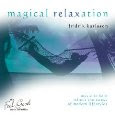
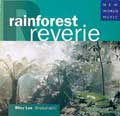
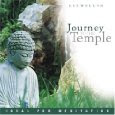





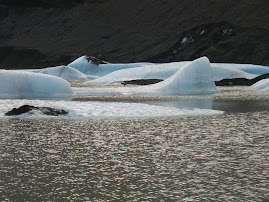

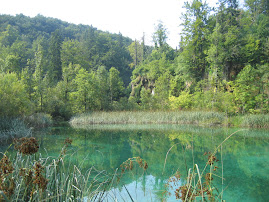

No comments:
Post a Comment